Toxic SNP leadership race proves anti-LGBTQ+ culture war tactics are here to stay, experts say
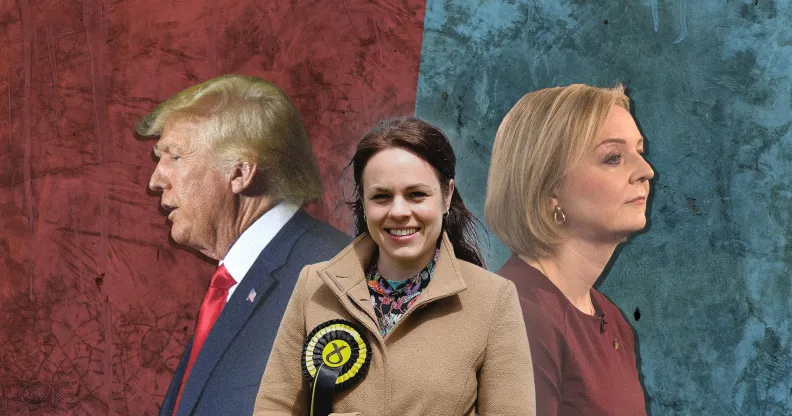
Donald Trump, Kate Forbes and Liz Truss have , in different ways, put their views on LGBTQ+ rights front and centre. (Getty)
It only took minutes for the SNP leadership race to become dominated by LGBTQ+ rights discourse when Nicola Sturgeon announced she was stepping down as first minister of Scotland.
Sturgeon said on 15 February she no longer had the energy to serve as leader of her country and her party. However, some journalists attending the press conference appeared to be only interested in finding out if she was resigning over trans rights.
One of the first candidates to declare, Ash Regan, did so while attacking Sturgeon’s flagship trans rights reforms. Since then, the SNP leadership race has become dominated by a row over fellow candidate Kate Forbes’ opposition to same-sex marriage. Of the three declared candidates, only Humza Yousaf is seen as an ally to LGBTQ+ rights.
This race to the bottom isn’t exclusive to the SNP. In England, last year’s Tory leadership races were dogged by candidates trying to define what a woman is. In the US, Donald Trump is currently weaponising trans rights in his bid to return to the White House.
Phillip Ayoub, professor of international relations at UCL, says the exploitation of trans rights for political gain isn’t a new issue. Politicians have always “manipulated the rights of vulnerable communities” to win support at the ballot box.
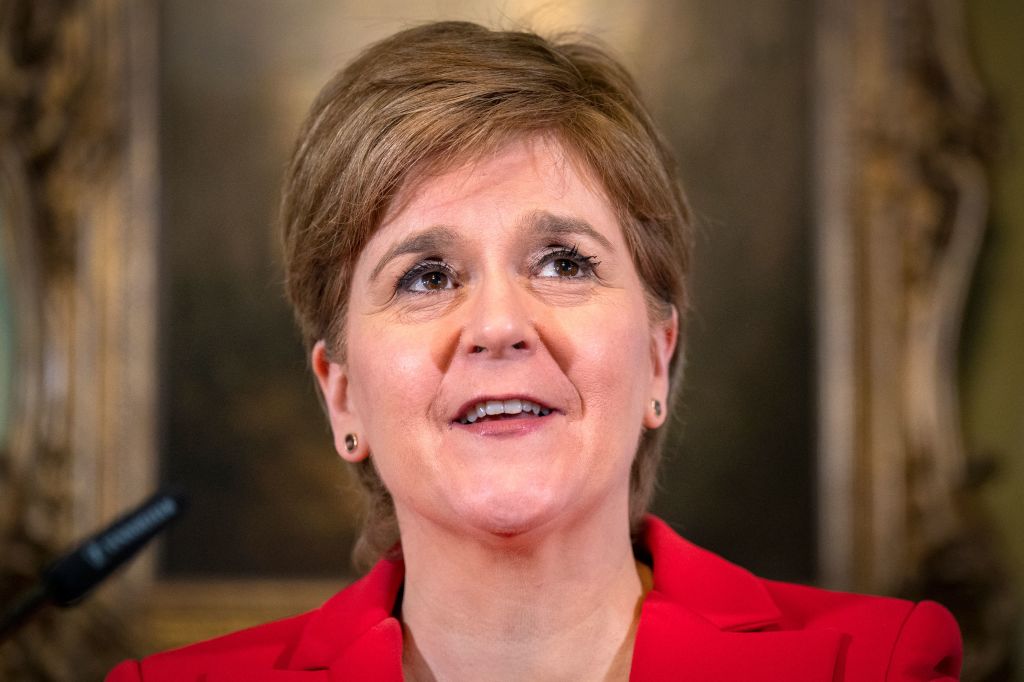
“The fluidity of gender and sexuality is often presented as a threat to the fixity of nations,” Ayoub says.
“Whenever you ask for gender or sexual rights it is seen as a threat that politicians want to defend the nation from.”
Right now, trans people are being positioned by some politicians as being a threat to the safety and wellbeing of women.
“That framing and rhetoric is being used in a similar way to how gay and lesbian people were presented as a threat to children or other communities in the past,” Ayoub says. “And that is a trope that politicians, especially right-wing politicians, have leaned on.”
“I don’t want to take away from the specificity of the intense rhetoric trans people are facing right now,” Ayoub continues.
“There is something specific about it, but at the same time I think it is important to remind readers that these arguments that are being made to attack trans people were also being made to attack gay and lesbian people as a threat not that long ago.
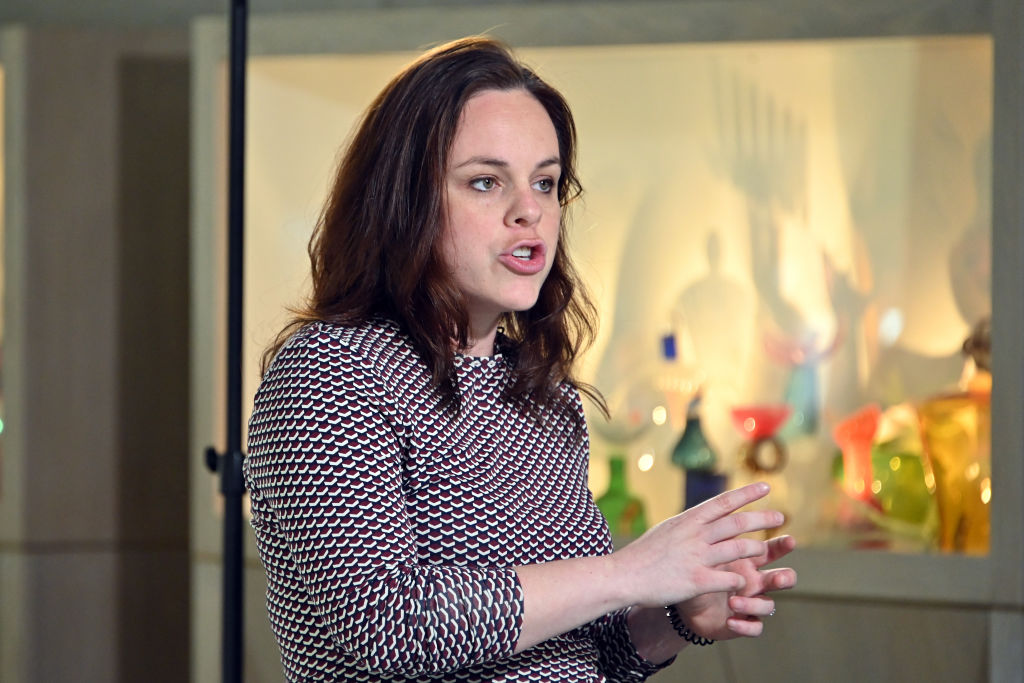
Why is this happening right now? Ayoub says political instability “opens the door” for discrimination, adding: “With a really polarised society around certain issues, you are able to use something like this to reach in the middle and collect more voters that might respond well to the threat narrative.”
Of course, the reality is that the trans community poses no threat to wider society. However, politicians know they can whip up support by claiming they do.
Unfortunately, Ayoub expects the intense focus on trans issues in the political arena to continue for the foreseeable future.
“I do feel like certain politicians are learning from this tactic, and it will be used for a while and in other countries. But what is reassuring is that there are inspiring trans activists and LGBT activists in general who are pushing back,” he says, pointing out that there is little support for anti-trans culture wars among younger people.
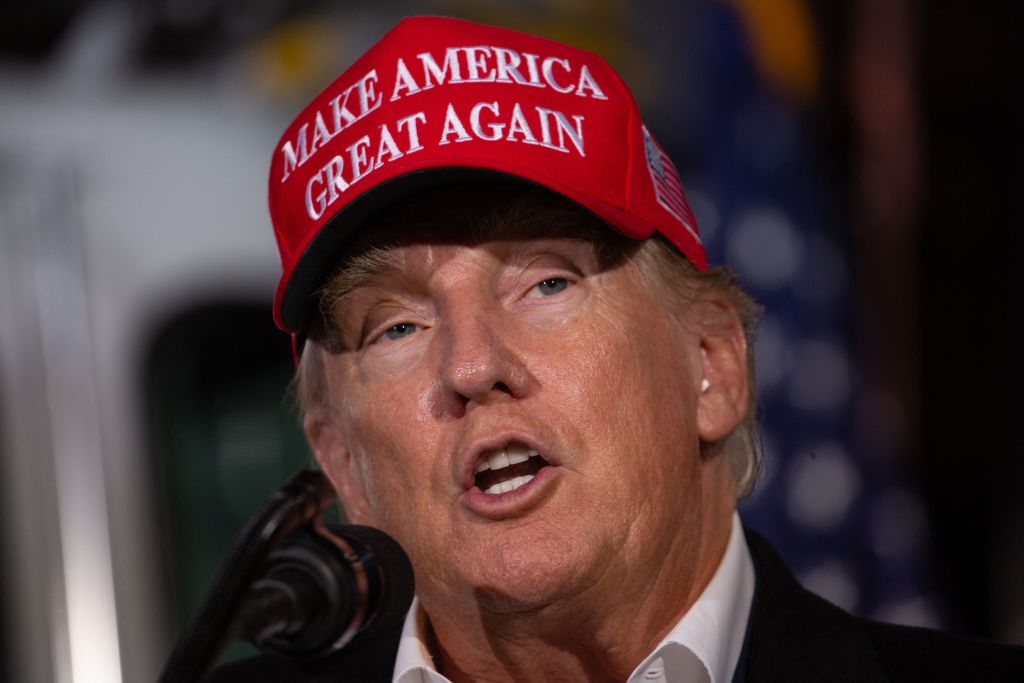
Government figures have admitted stirring up culture wars
Cleo Madeleine, communications officer at trans charity Gendered Intelligence, agrees that the weaponising of trans rights by politicians is no accident. In fact, as she points out, government figures have been open and honest about what they are trying to do.
“This isn’t a biased or unsubstantiated claim,” Madeleine says. “We have it in the government’s own words. Deputy Tory party chair Lee Anderson recently said that the next general election should be fought on ‘culture wars and trans debate’. In 2019, Tory strategist Dougie Smith was tasked with weaponising trans issues for political purposes.”
Madeleine adds: “We can only hope that Holyrood does not follow Westminster in using trans people as a political football for a selfish, power-grabbing agenda. And that whoever next takes up the role will continue Sturgeon’s commitment to the will and wellbeing of all the people of Scotland.”
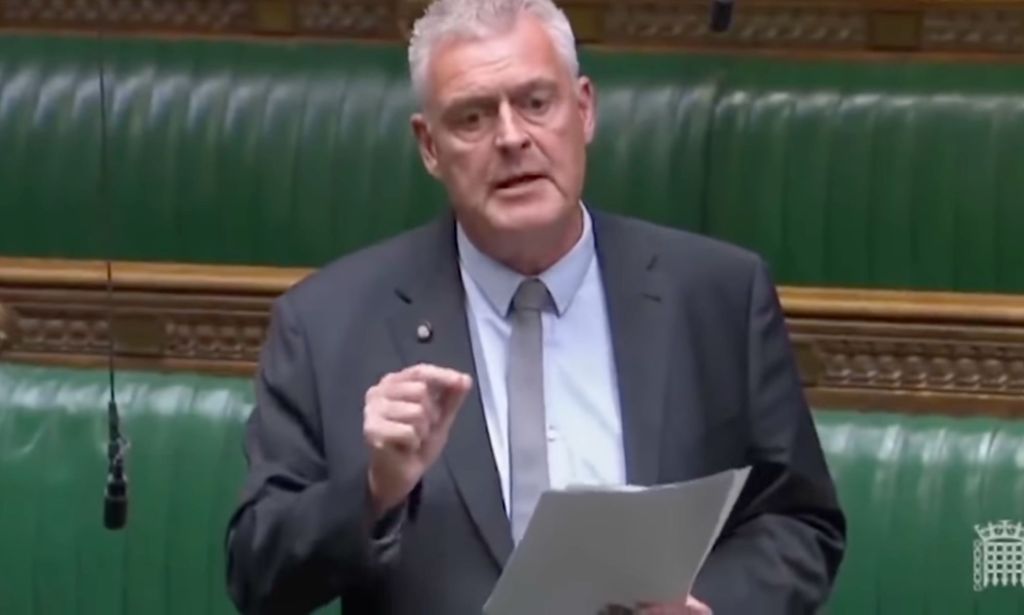
Maggie Chapman, equalities spokesperson for the Scottish Greens, feels “disappointed, frustrated and actually quite angry” with the way the SNP race is being conducted. She thinks it’s a result of the crises facing the UK.
“Culture wars are often instigated when economic security is threatened,” Chapman says. “They are used as a distraction from the failure of the current economic system to provide for members in our society.”
But such actions have consequences. They are directly harming trans lives.
“We have seen a shocking rise in anti-trans hate crimes and we cannot separate this from the vicious lies that have been spread about our trans siblings,” Chapman says.
“It is not just trans people that are bearing the brunt of this toxicity. The wider LGBTQIA+ community is more vulnerable as a consequence, with rising homophobia too.”
Addressing her fellow politicians directly, Maggie urges them to remember: “We all have a moral obligation to think about the consequences of the things we say and do.”
How did this story make you feel?

